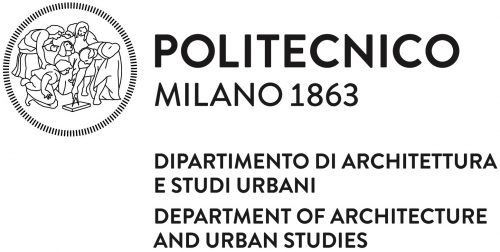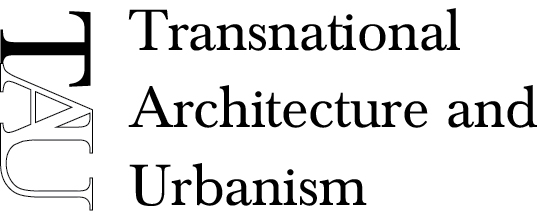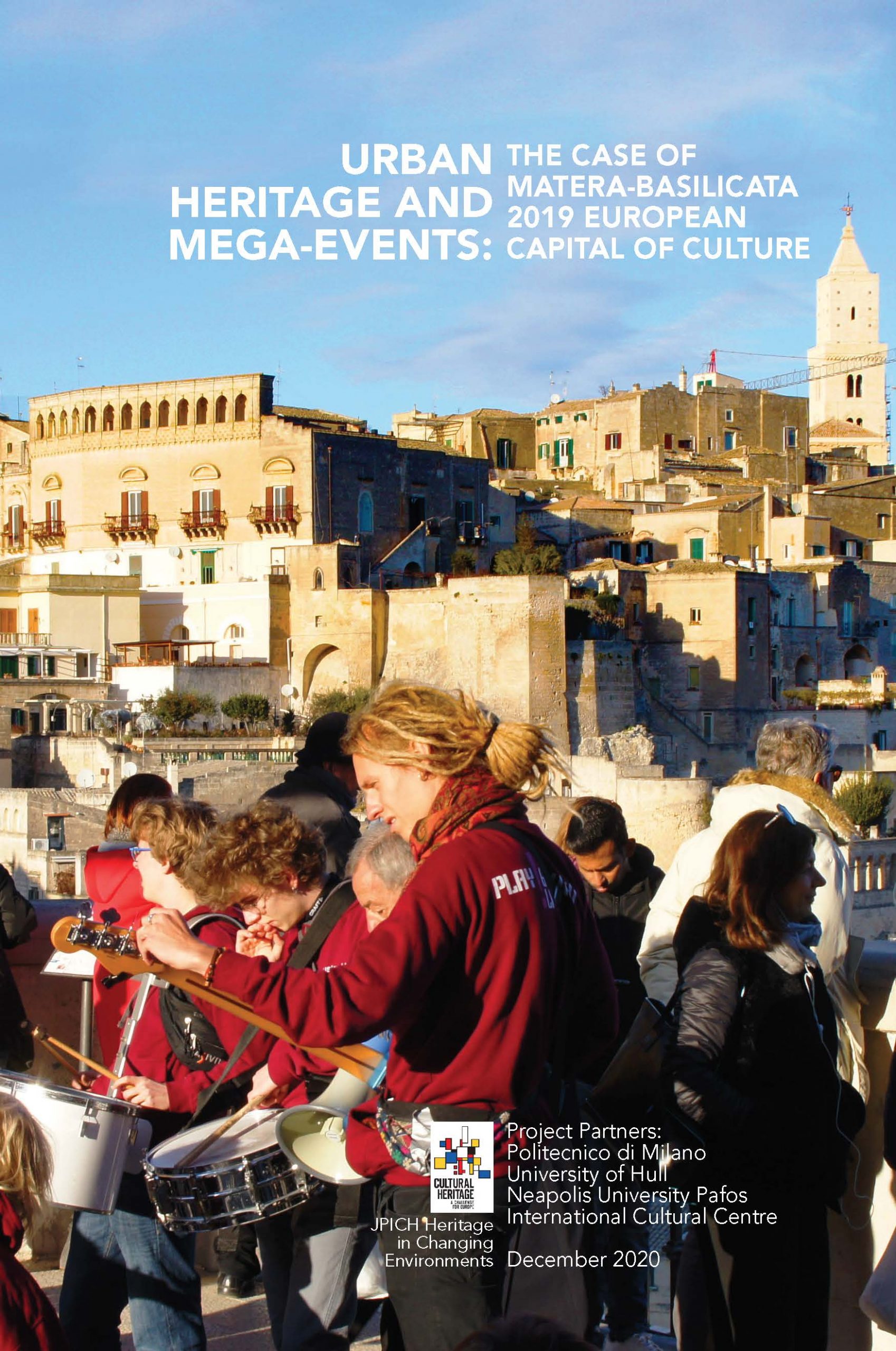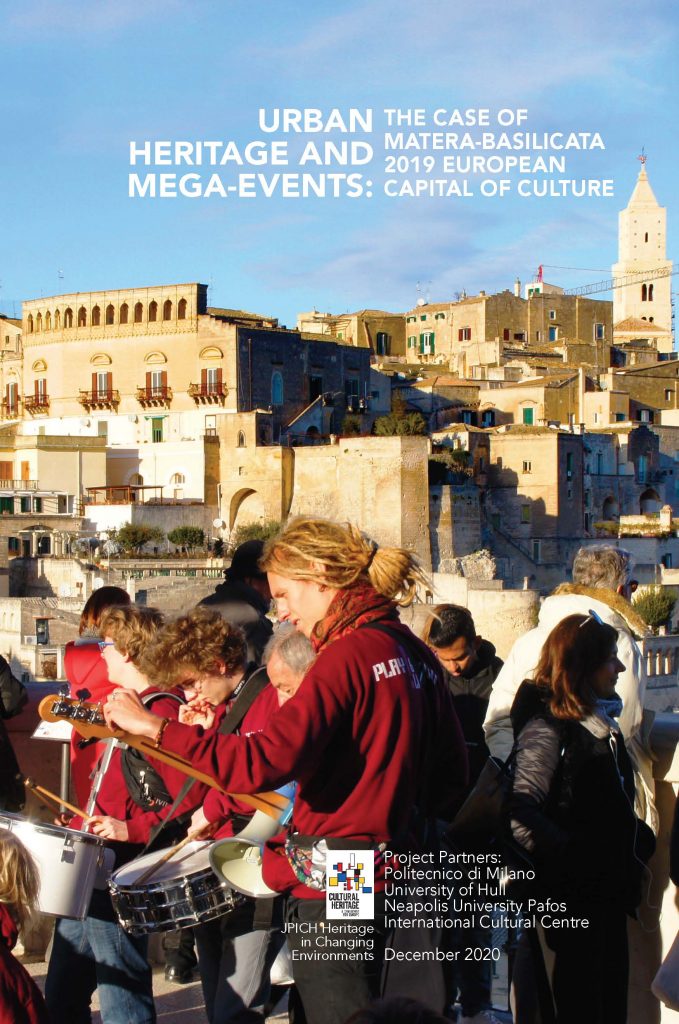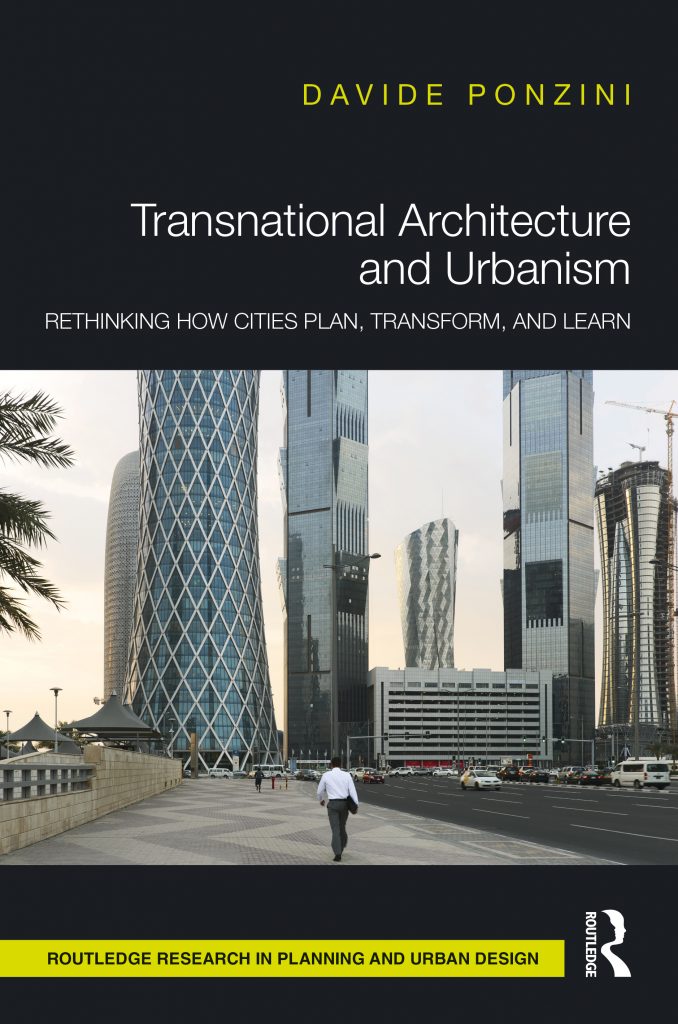This HOMEE research report investigates the nexus between mega-events and heritage by observing the case of the Matera-Basilicata 2019 European Capital of Culture before and during the celebration. As the oldest continuously inhabited city in Europe, Matera represents in many ways a heritage-rich city and shows the complexity of this heritage/event relationship. The case of the Matera-Basilicata 2019 ECoC clearly demonstrates the significant impact that events like the ECoC can have on cities, even before carrying out the yearlong program – as occurred in Matera after it won the bid in 2014. While the mega-event planning and celebration undeniably contributed to improvements (in terms of accessibility, public spaces, etc.), the impressive heritage of the city was not widely integrated with the ECoC interventions and nonetheless absorbed most of the visitors’ attention.
Category: Publications
Publications
BOOK PRESENTATIONS: Transnational Architecture and Urbanism
December 10, 2020 – ISOCARP
Presented at the 56th International Society of City and Regional Planners (ISOCARP) World Planning Congress, winner of the 2020 Gerd Albers Award for the best book (Doha, Qatar)
Click here for the LINK to the webpage
December 23, 2020 – ITU
Istanbul Technical University’s Architalkture lecture series (Faculty of Architecture) (Turkey)
Transnational Architecture and Urbanism: Rethinking How Cities Plan, Transform, and Learn
Authored by Davide Ponzini
Since the 1990s, increasingly multinational modes of design have arisen, especially concerning prominent buildings and places. Traditional planning and design disciplines have proven to have limited comprehension of, and little grip on, such transformations. Public and scholarly discussions argue that these projects and transformations derive from socioeconomic, political, cultural trends or conditions of globalization. The author suggests that general urban theories are relevant as background, but of limited efficacy when dealing with such context-bound projects and policies.
This book critically investigates emerging problematic issues such as the spectacularization of the urban environment, the decontextualization of design practice, and the global circulation of plans and projects. The book portends new conceptualizations, evidence-based explanations, and practical understanding for architects, planners, and policy makers to critically learn from practice, to cope with these transnational issues, and to put better planning in place.
Transnational Architecture and Urbanism combines urban planning, design, policy, and geography studies to offer place-based and project-oriented insight into relevant case studies of urban transformation in Europe, North America, Asia, and the Middle East.
